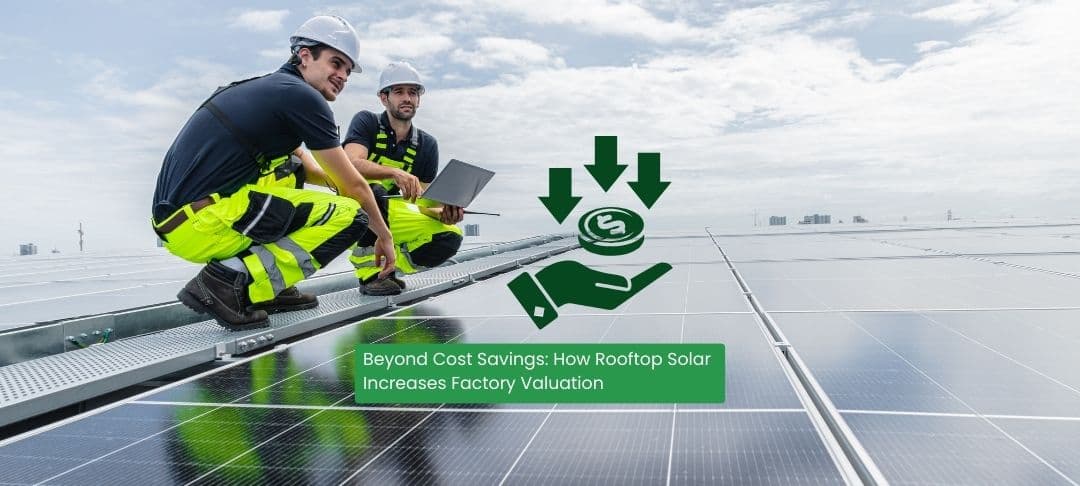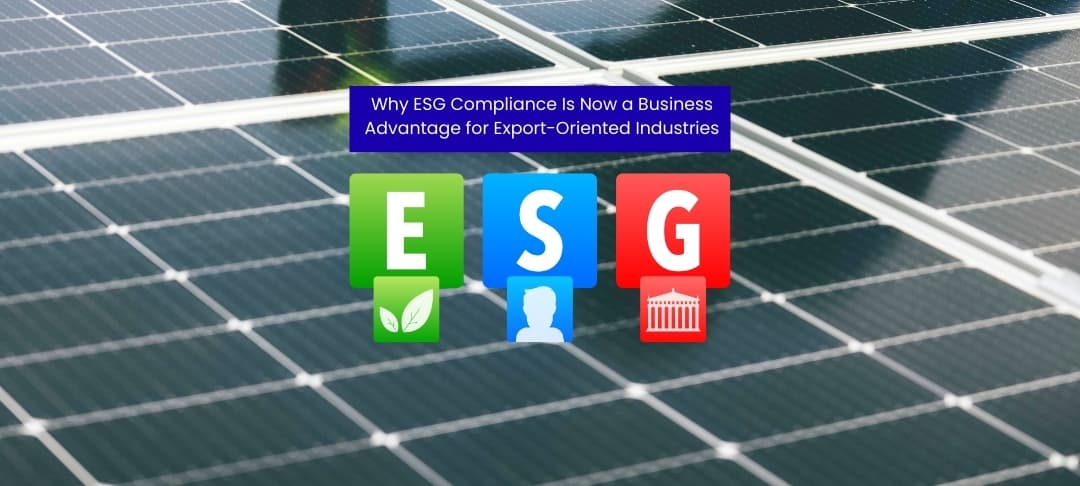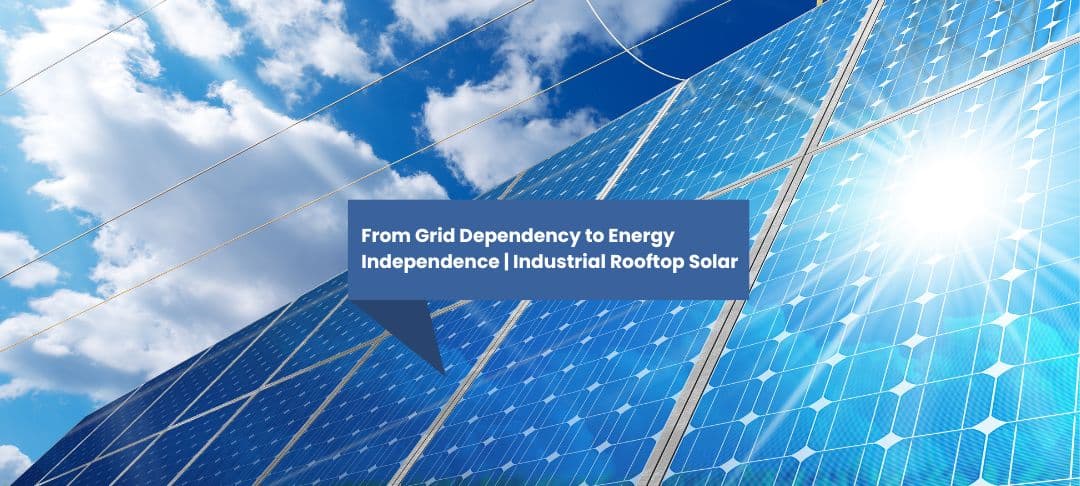The Impact of Solar Energy on Your Utility Bills
Published at - February 07, 2025
Did you know that electricity costs have historically increased over time – usually around 2-3% per year? With the frequent power cuts and prolonged load-shedding, are you looking for ways to save electricity bills and a solution to uninterrupted power supply? Incorporating solar power solutions might just be your solution. In the era of globalization, electricity is a key necessity to stay connected to the world, manage remote jobs, and access all the free educational content available on the internet. Especially in a developing country like Bangladesh, thanks to companies like Solaric Global, who are not only revolutionizing green energy systems but also making them widely accessible to the rural areas of the country. One of the many reasons why solar power solutions are efficient is because of the reduction of utility bills that come with solar energy systems. But how does solar power solutions reduce your utility bills? In this blog, we will take a broader look at the perks of solar power solutions in our utility bills.
Lower Monthly Electricity Fees with Solar Power Solutions
Homeowners and businesses can lessen their need for grid-supplied electricity by producing electricity locally with solar power solutions. By reducing reliance on the power grid, we can reduce our monthly bills. When you install solar panels for homes, they generate electricity from sunlight, which can power your home during the day. This allows you to consume less electricity from your utility provider, significantly cutting costs. In reality, with utility-scale systems, you can sell excess energy to distribution utility companies using a net metering scheme. This allows you to save.
Benefits of Solar Power Solutions and Net Metering
A solar power solution’s excess energy can be returned to the grid in the form of utility bill credits. When a solar system generates more energy than is required, the excess is transferred into the grid, and the owner receives credit for their contribution. These credits can then be applied when solar production is low, such as at night or on cloudy days, effectively lowering monthly electricity bills. Instead of wasting excess energy, net metering allows consumers to get the most out of their solar power solutions investment by guaranteeing that every unit of electricity generated is used efficiently.
Time-of-Use Savings with Solar Power Solutions
Solar panel owners can take benefits of Time-of-use savings too, particularly when combined with battery storage and net metering. During the day, solar panels for homes generate electricity, typically creating excess energy that can be stored in batteries or transferred to the grid for net metering credits. Solar batteries allow homeowners to use stored solar energy during peak hours rather than drawing pricey electricity from the grid. This technique maximizes savings while increasing energy independence by lowering reliance on the utility company. This promotes effective energy consumption and demand management, encouraging consumers to adopt energy-saving behaviors by increasing the cost of electricity during peak periods.
Long-Term Savings with Solar Power Solutions
One of the biggest concerns for people considering solar power solutions is the upfront expense of installation. Even while the initial investment might appear high, it’s important to consider the long-term savings: The cost of solar panel installation is influenced by their location, size, and efficacy. Government rebates, tax credits, and incentives may partially cover initial expenses. A solar power solution usually pays for itself in six to ten years, depending on energy use and available incentives.
Durability and Lifespan
Solar energy solutions save money since solar panels are durable and last a long time. Most high-quality solar panels last 25 to 30 years, requiring little maintenance and reliably producing free electricity. Solar panels, unlike traditional energy sources, consume no fuel and have low upkeep costs. Over their lifetime, they considerably reduce electricity expenditures, resulting in long-term savings. Furthermore, with warranties lasting 20 or more years, individuals and businesses benefit from consistent energy output, making solar power solutions a cost-effective and long-term investment.
Elements That Impact Savings with Solar Power Solutions
How much a business or homeowner can save using solar power solutions depends on many factors. For example, varying geographic locations impact bills and cost savings. Solar energy is more efficient in places with higher solar radiation since these areas receive more sunshine. The varying electricity rates from one zone to another impact utility bills as well. The potential savings from solar power solutions increase with higher electricity bills, system efficiency, and size matters too. By meeting a greater percentage of energy requirements, a system that is appropriately scaled optimizes savings. Region-specific net metering policies have an impact on how much consumers are compensated for excess energy that is fed into the grid. Reliance on grid electricity can be further decreased by storing extra solar energy in batteries, particularly at night or during overcast conditions.
Federal Tax Credits
The Investment Tax Credit (ITC) in the United States enables homeowners to claim a deduction from their federal taxes for a portion of the costs associated with installing solar panels. State or local governments may offer further financial aid. In certain areas, owners of solar panels can receive credits like Solar Renewable Energy Certificates (SRECs) for the clean energy they generate, which they can then sell to generate extra cash.
Environmental Advantages of Solar Power Solutions
Carbon Footprint Reduction: Since solar power solutions emit no greenhouse gases, their overall carbon output is reduced. Homeowners and companies can reduce their need for outside energy sources and price swings by producing their electricity. Solar energy also passively contributes to the economy by creating new jobs. Manufacturing, installation, and maintenance jobs are supported by the expanding solar industry.
The Difficulties and Opportunities Ahead
Even while solar power solutions offer many benefits, there may be some drawbacks. For instance, some homeowners may still find the upfront outlay to be a deterrent, even with incentives. Although technological developments are increasing efficiency in less ideal situations, solar panels work best in sunny climates, which might be an issue for non-sunny zones. Alternative solutions, including ground-mounted systems, may be necessary for homes with a small roof or shade from trees. Even with minor bumps on the road, switching to solar power solutions is a financially savvy decision in a much broader sense. Businesses and families have a strong chance to reduce their electricity costs and help create a more sustainable future by implementing solar power solutions. Solar energy is a wise decision because of the long-term savings, government incentives, and environmental advantages, even with the initial outlay. People can make well-informed judgments about switching to solar power solutions by comprehending the financial implications, evaluating their energy requirements, and investigating any incentives. Solar energy’s contribution to lowering utility costs and fostering sustainability will only increase as technology develops and becomes more widely available. In Bangladesh, many solar power solutions sectors are working relentlessly to provide the best solar solutions while decreasing bills and costs, including Solaric Global and more. Thus, opting for solar power solutions will help you take a step toward a greener planet without breaking your bank!



